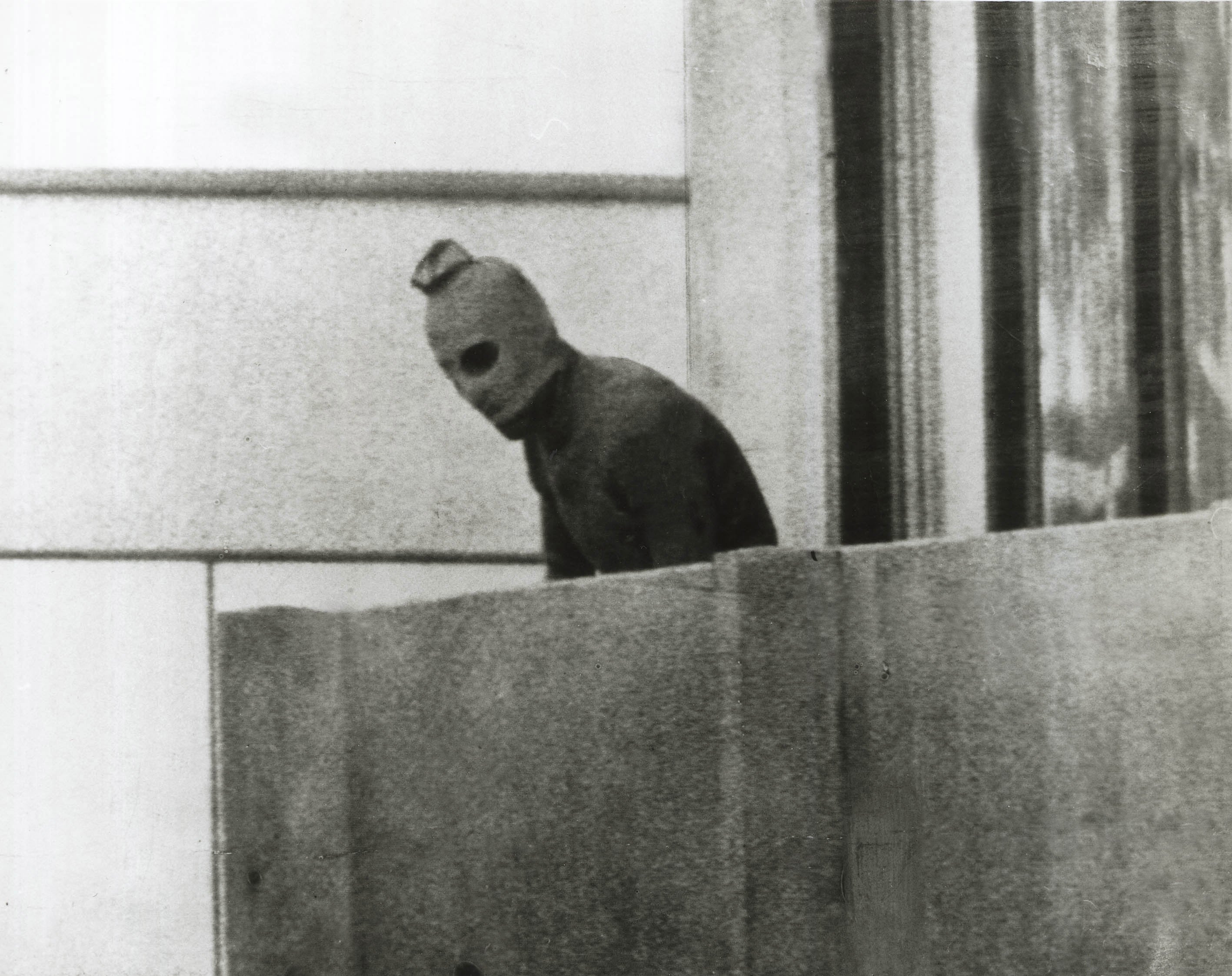Munich massacre: the Olympics’ darkest day revisited
In 1972 in Germany the Olympics were violently thrust into the world’s headlines for all the wrong reasons. James Rampton on a new documentary that recalls a bloody terror attack

An 85-year-old man in a turquoise T-shirt with the logo “Jerusalem Marathon 2011” sits in his front room beside an enormous cabinet full of sporting trophies. An ex-Israeli athlete, he is hunched at the table over a fading black and white photo of his former team-mates. Slowly, but surely, he points to the faces on the picture, reciting their names as he goes: “Weinberg, Friedman, Springer, Amitzur Shapira, Yossef Romano, Ze’ev Halfin.”
These are the opening scenes of a new documentary called Terror, and the man is Shaul Ladany. He is one of the survivors of the Munich massacre, the appalling terrorist atrocity that took place at the 1972 Olympic Games. With a bitter irony, before that terrible moment, they had been dubbed “The Happy Olympics”.
The faces and the names Ladany is remembering are some of his colleagues who fell during the attack. The Olympics have faced many exceedingly tough moments over the centuries, and indeed they are about to confront one of their most testing challenges this summer in Tokyo by staging a games that has been severely affected by Covid-19. However, the Munich massacre is still remembered as the darkest day in the history of the Olympics.
Subscribe to Independent Premium to bookmark this article
Want to bookmark your favourite articles and stories to read or reference later? Start your Independent Premium subscription today.
Join our commenting forum
Join thought-provoking conversations, follow other Independent readers and see their replies